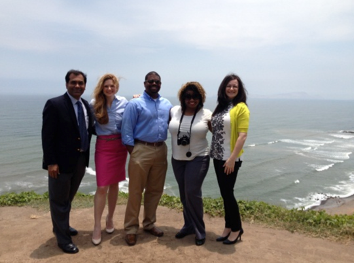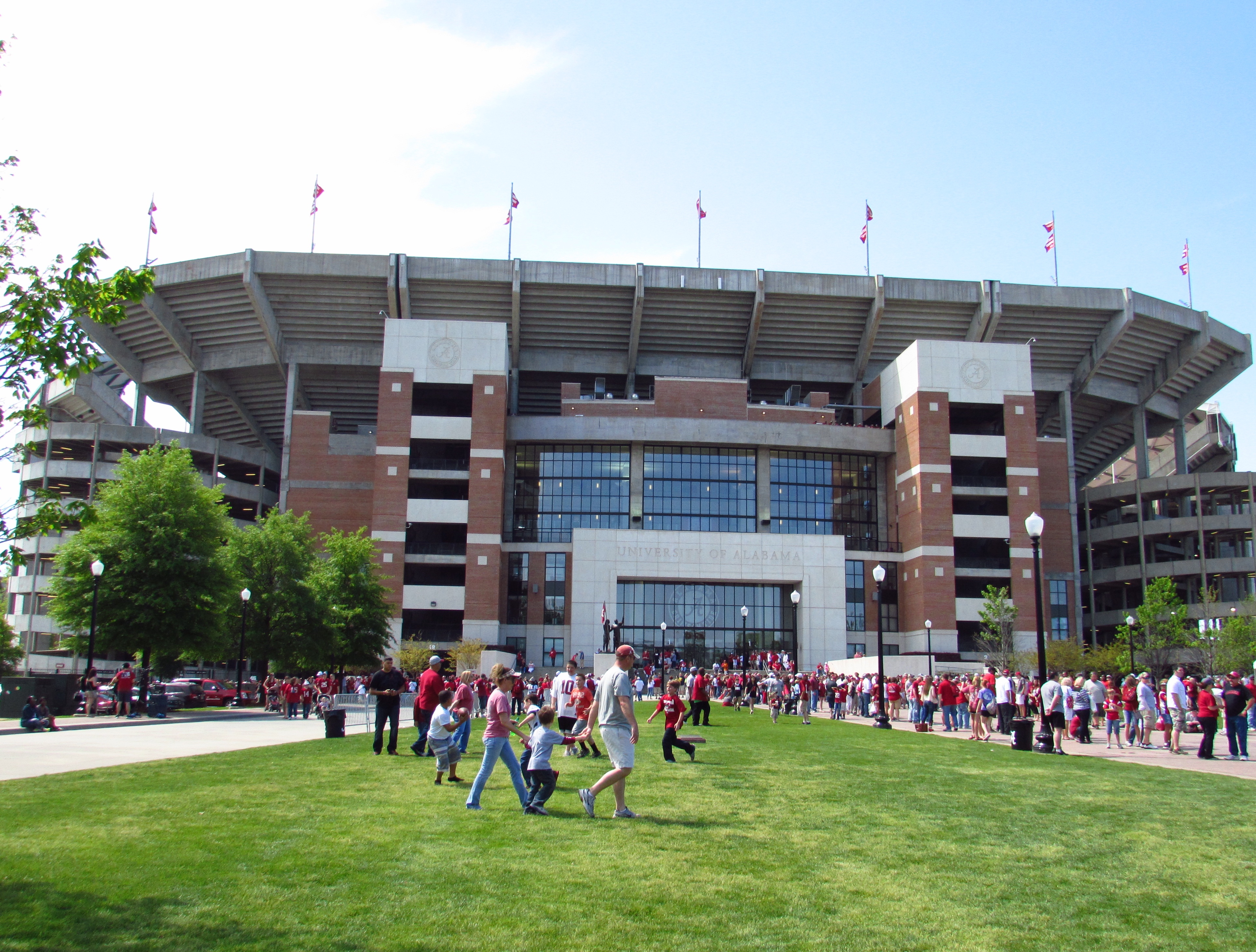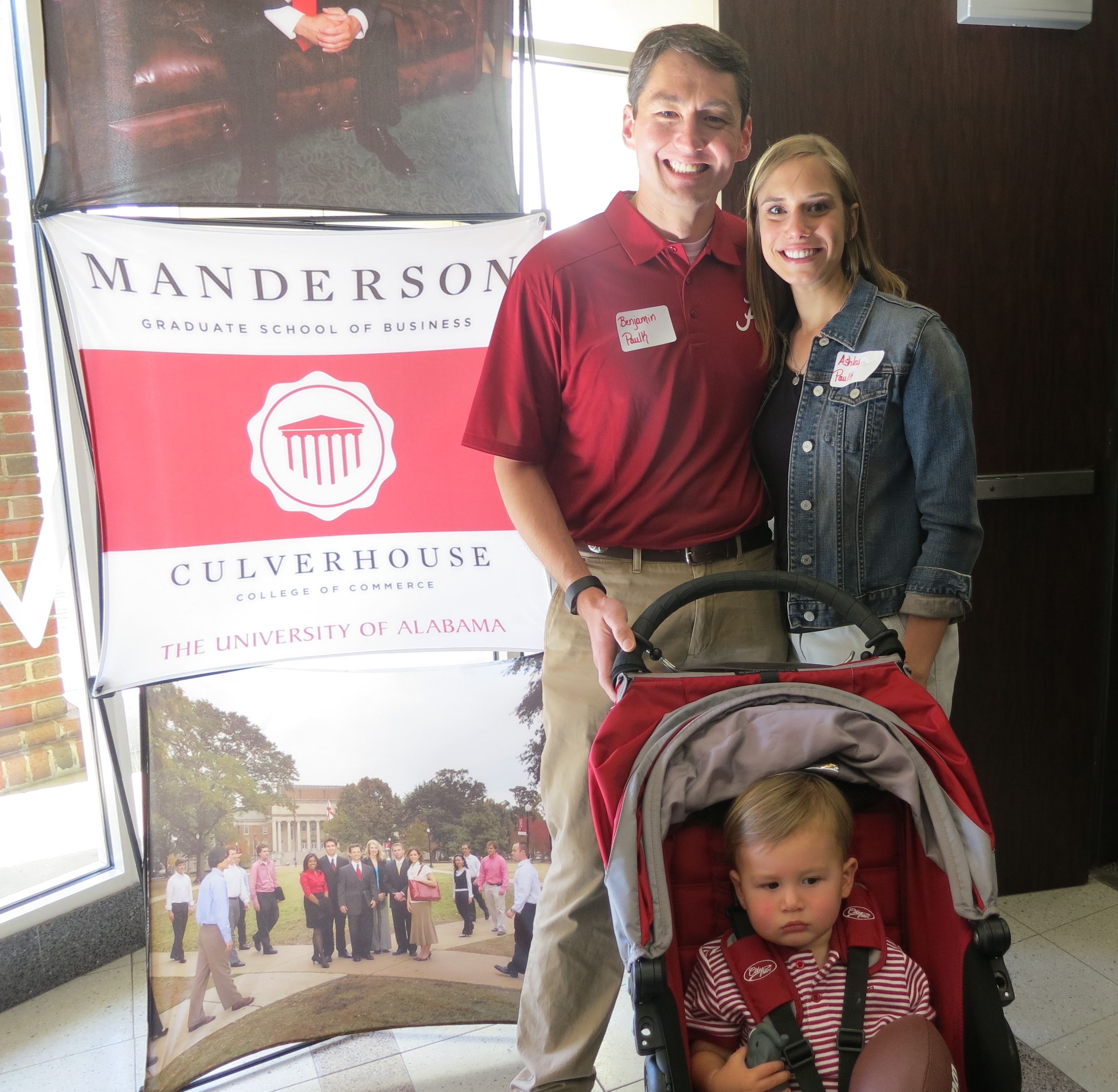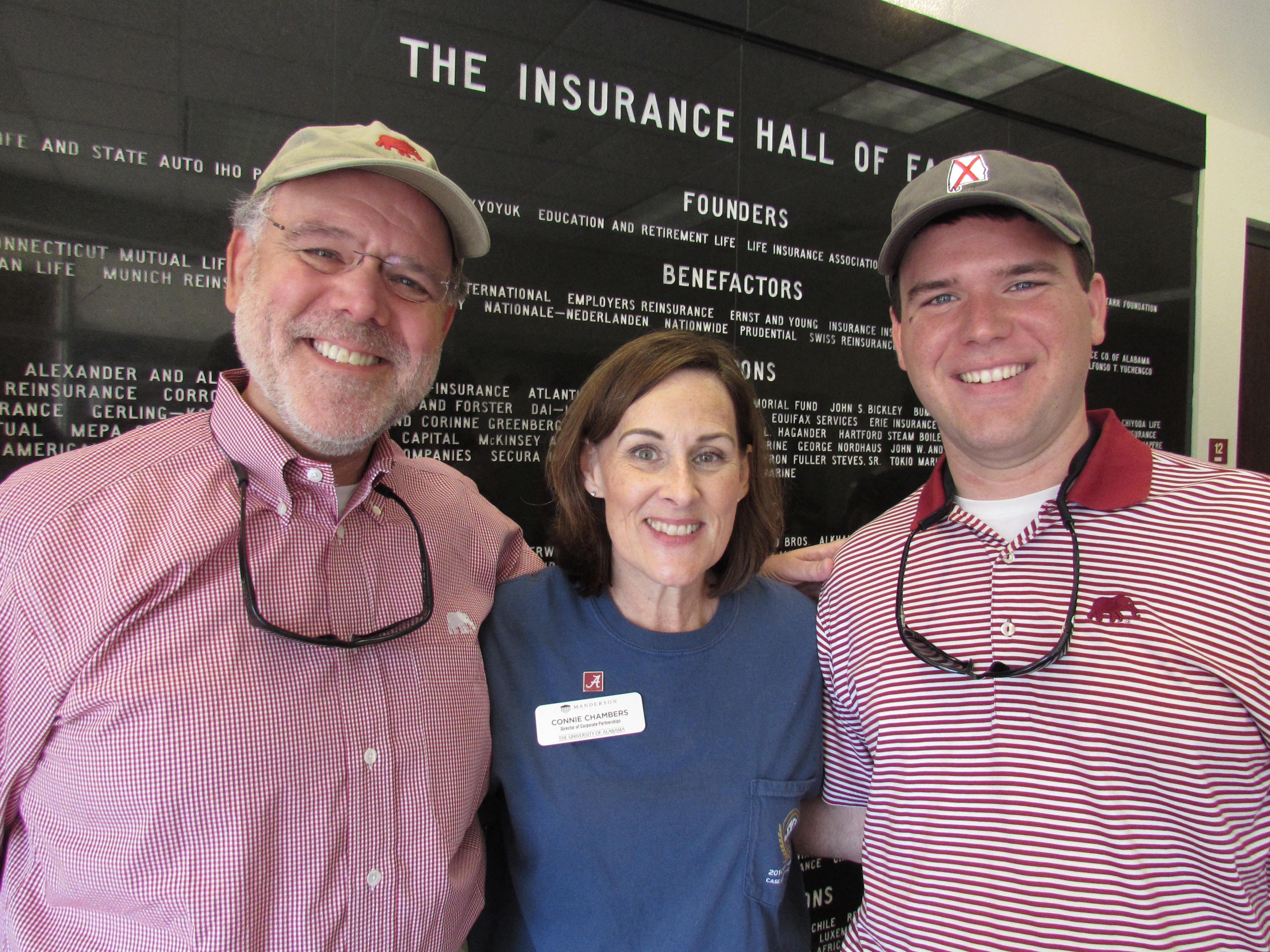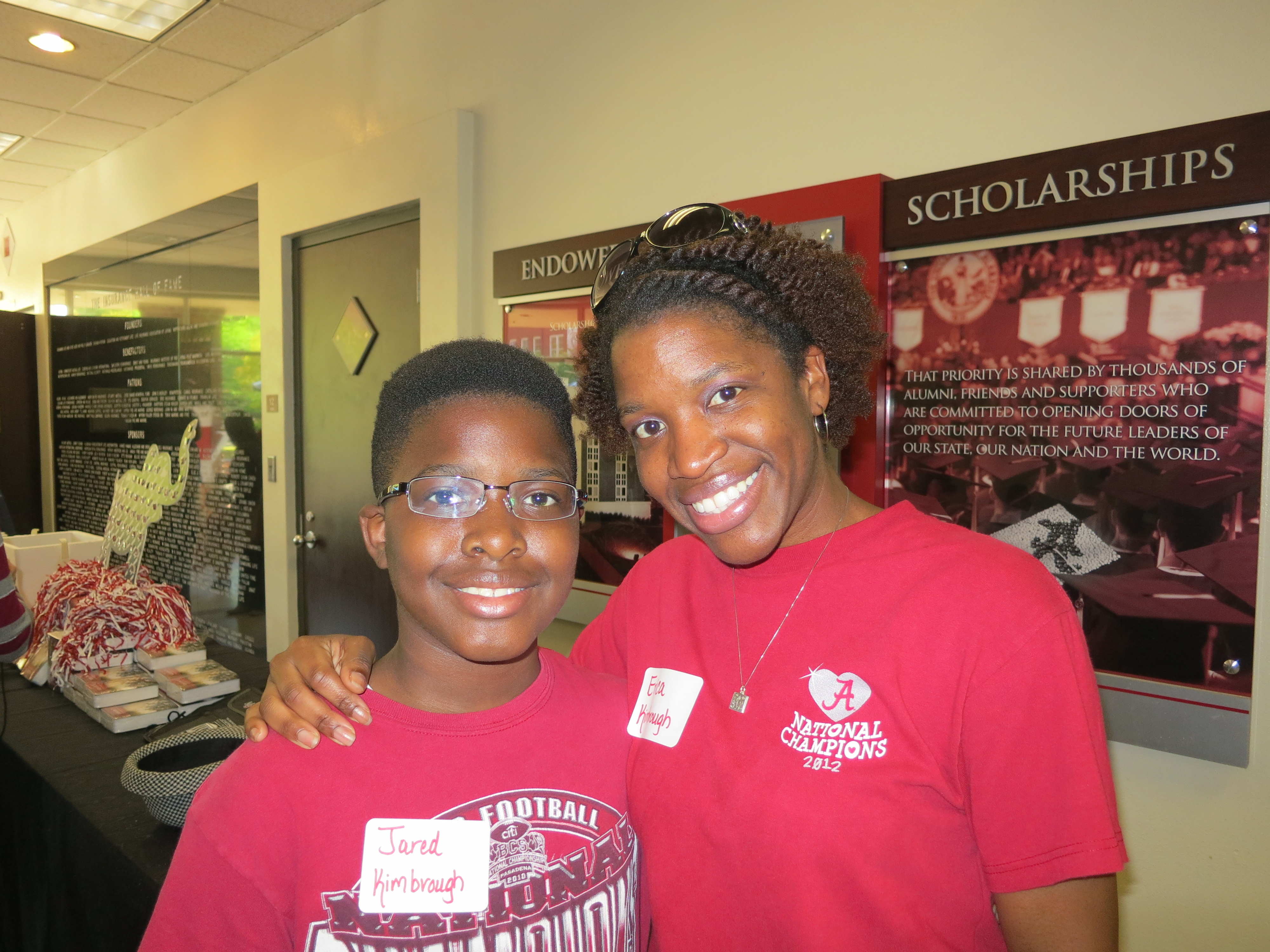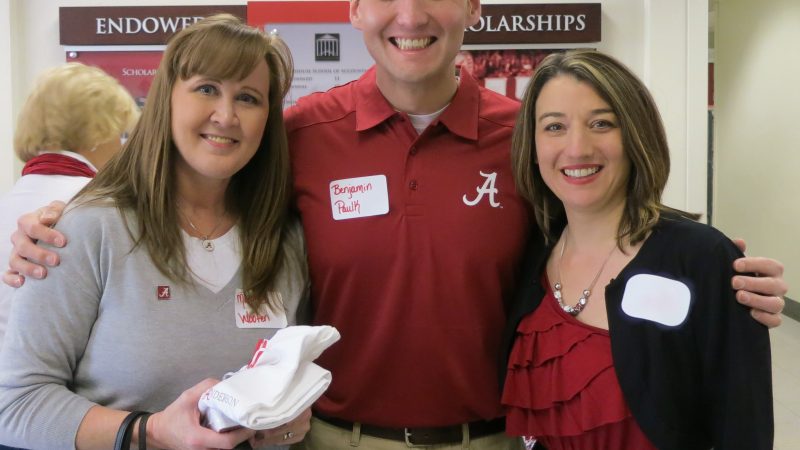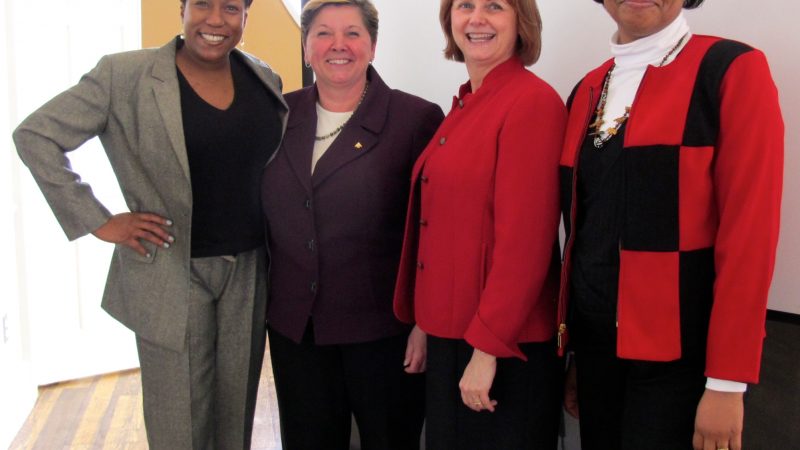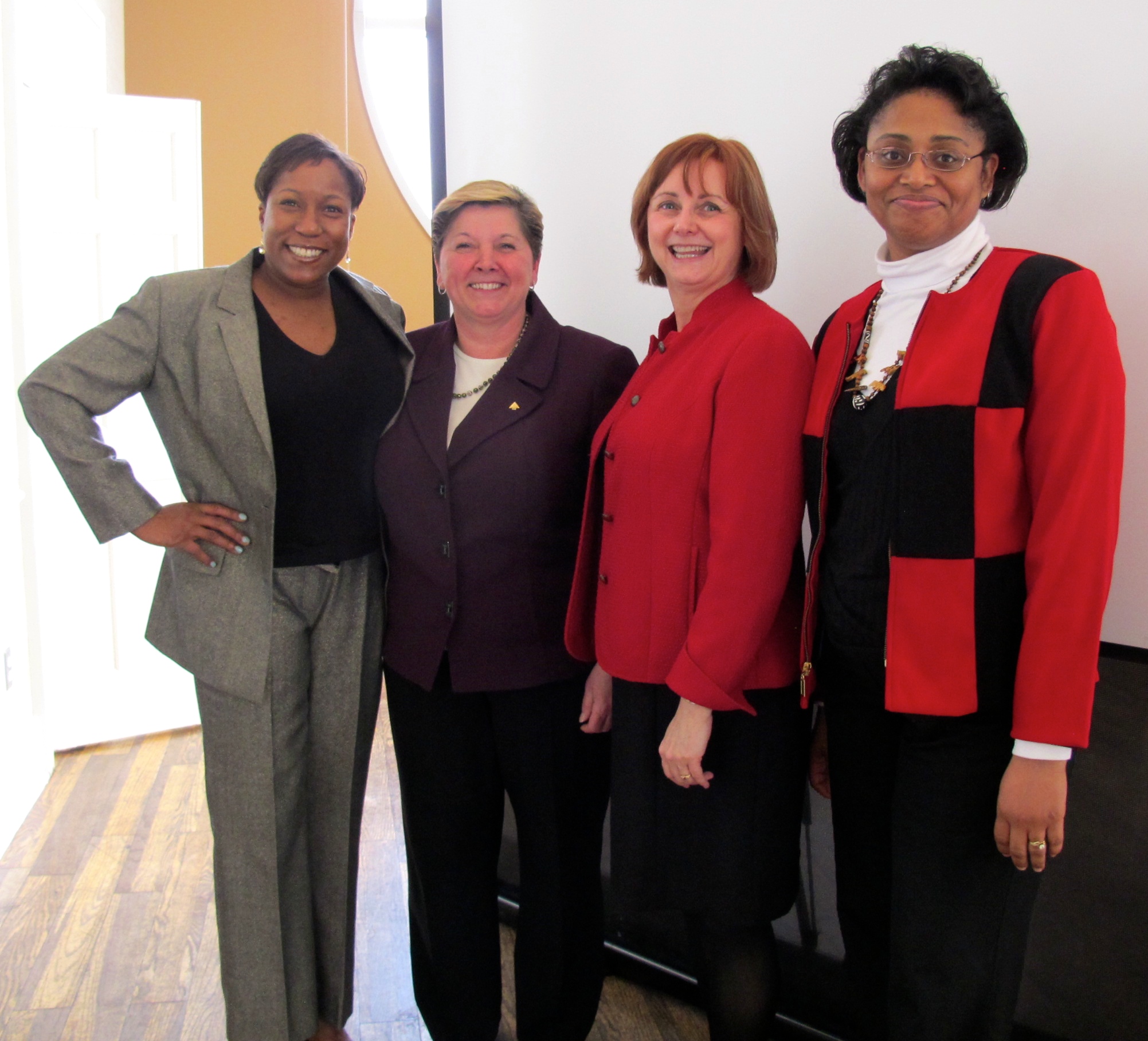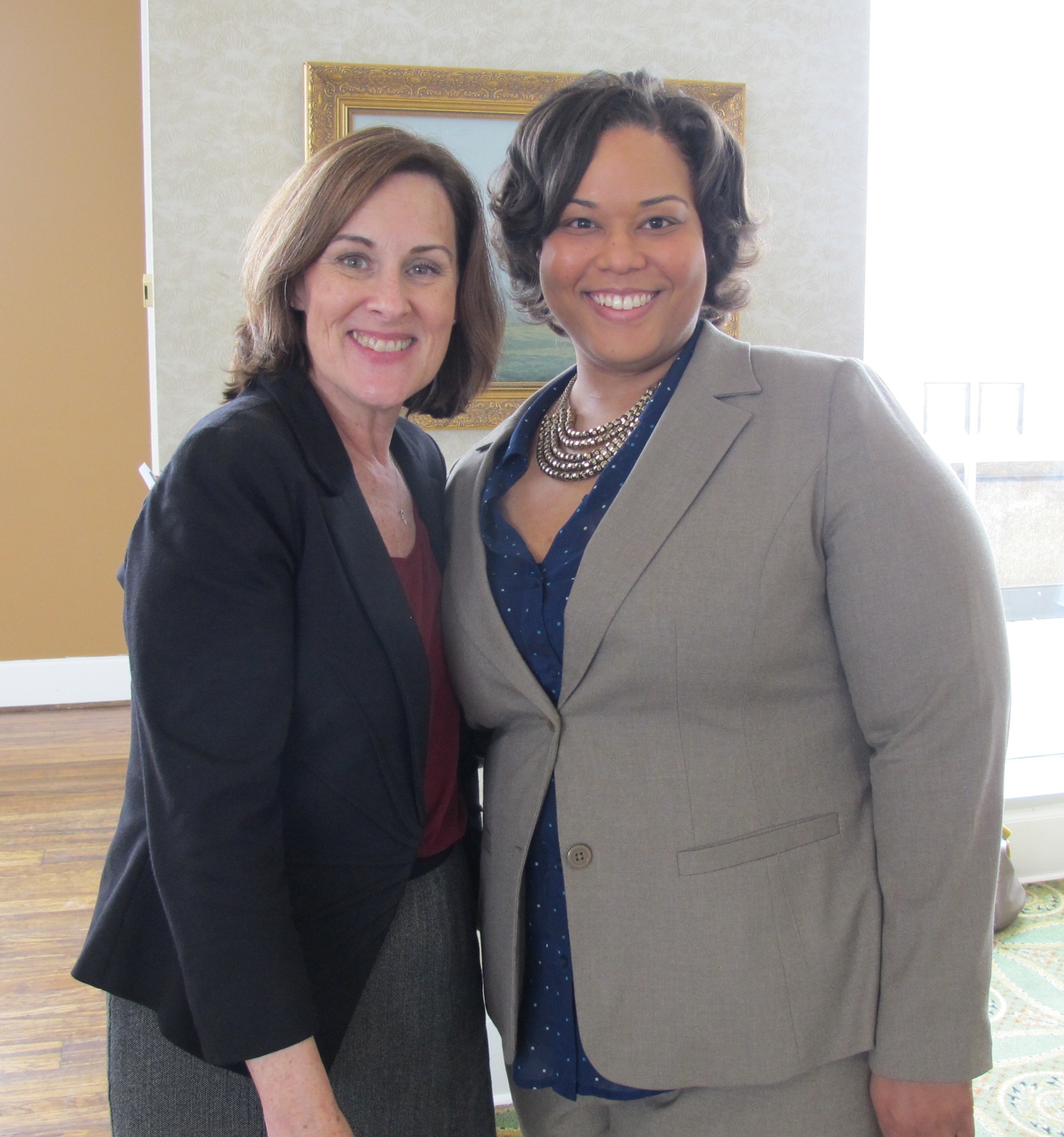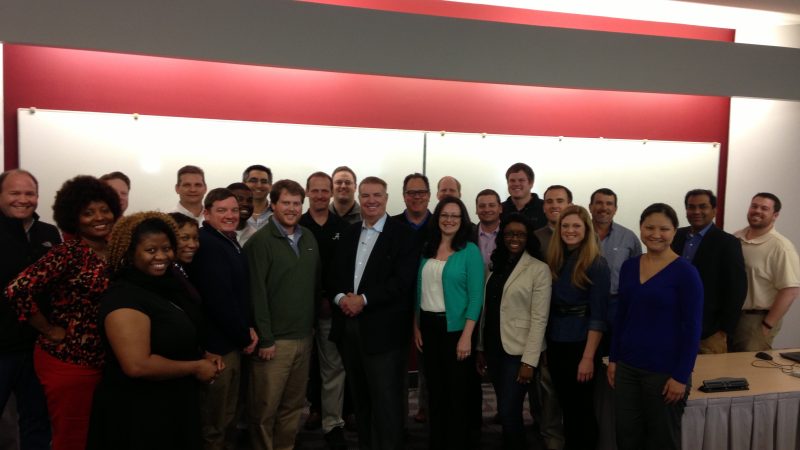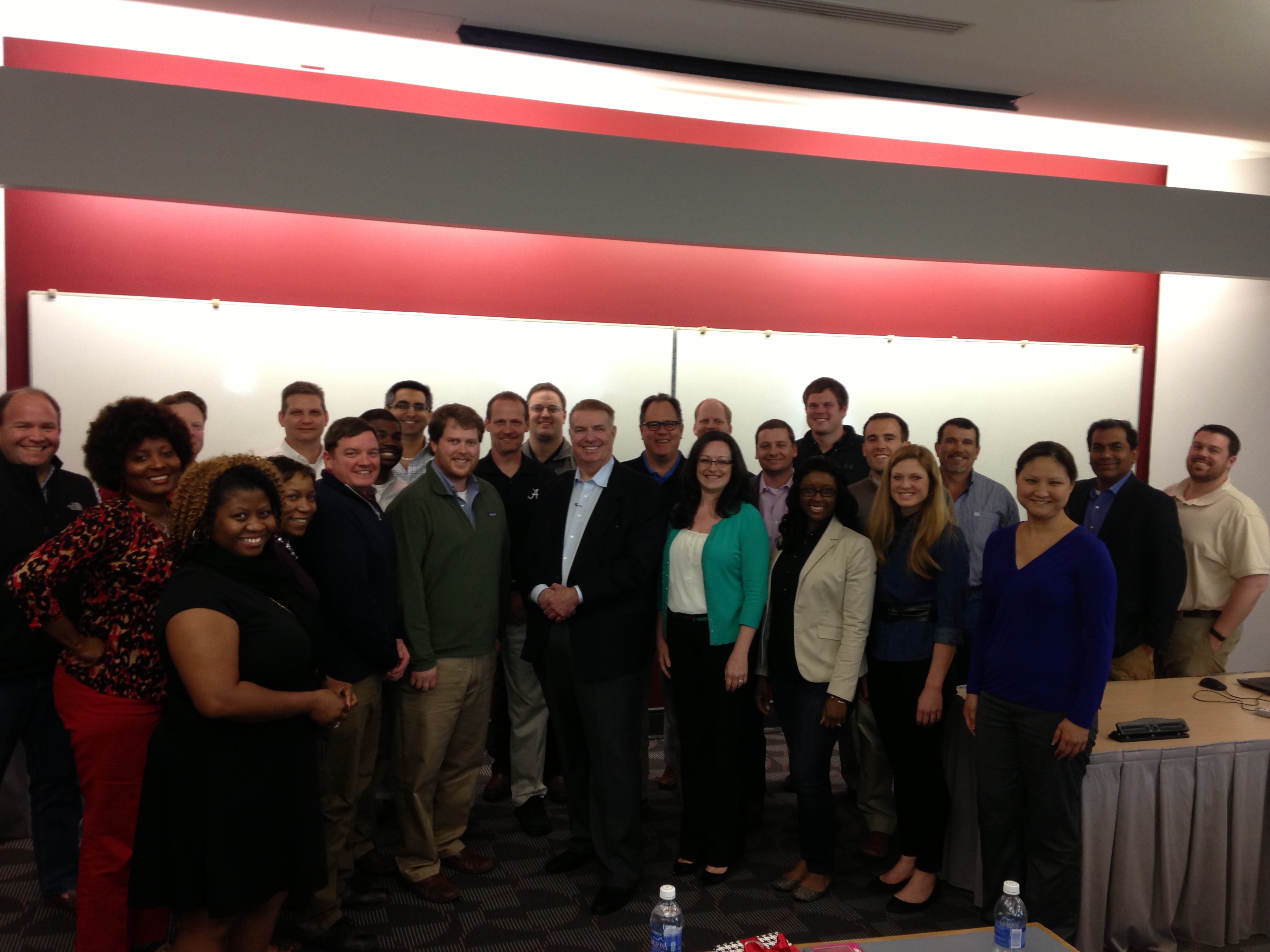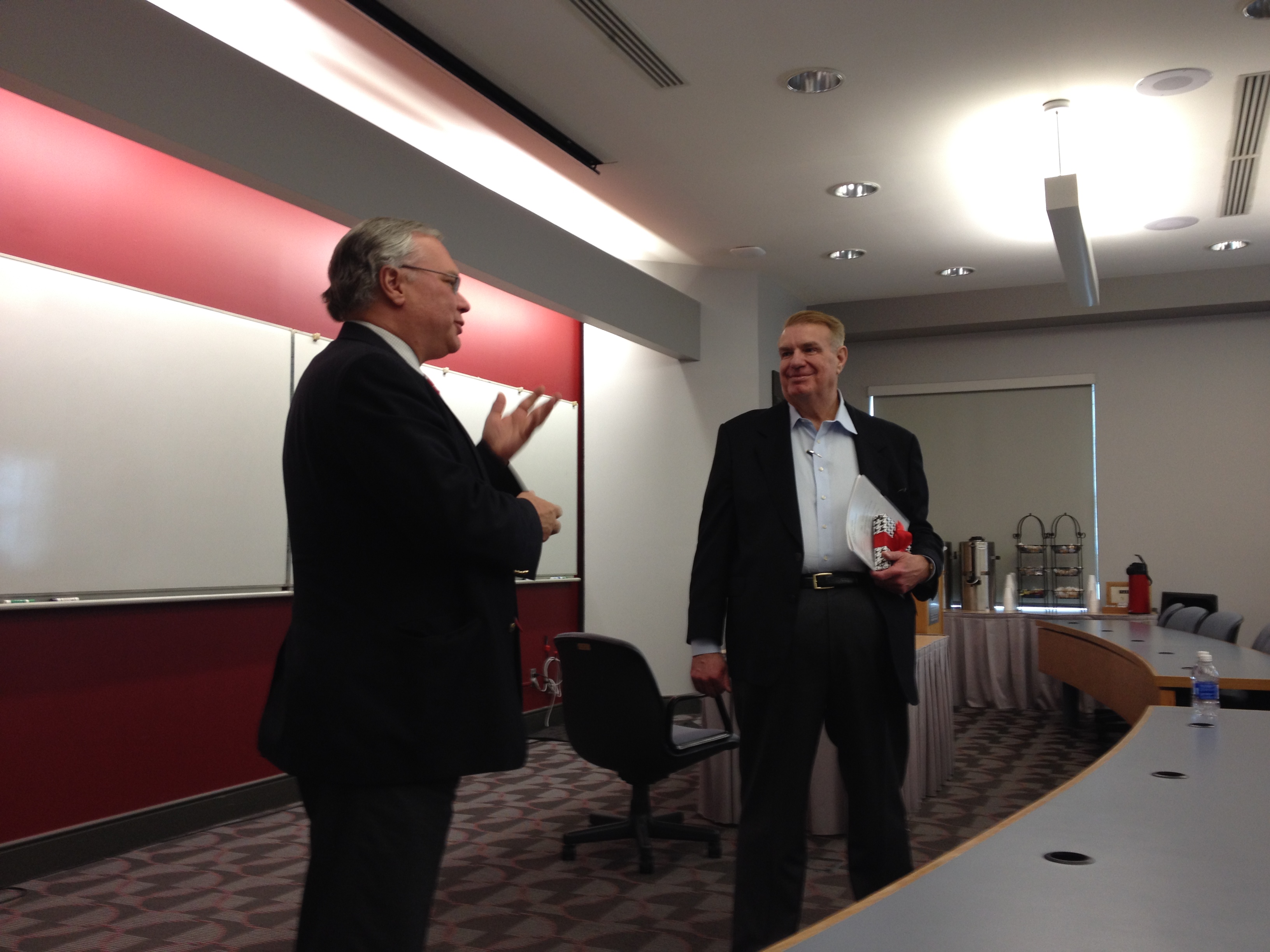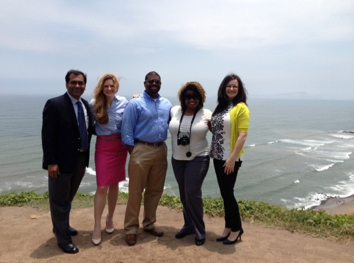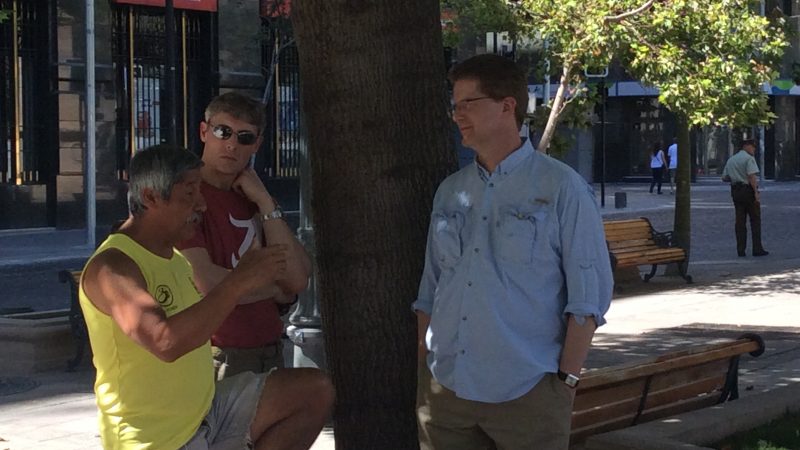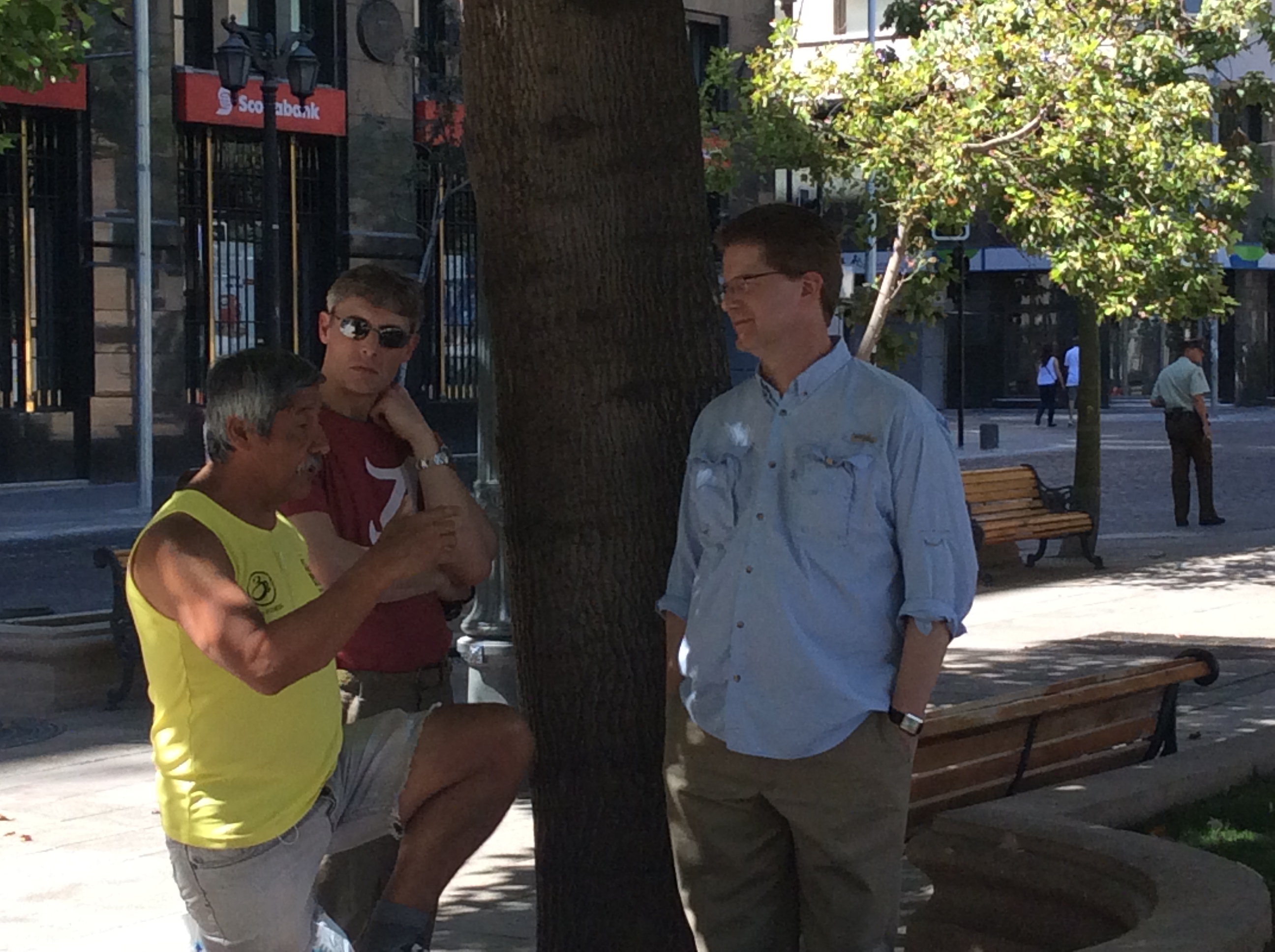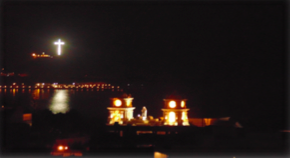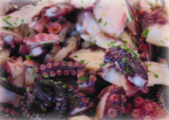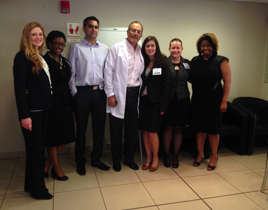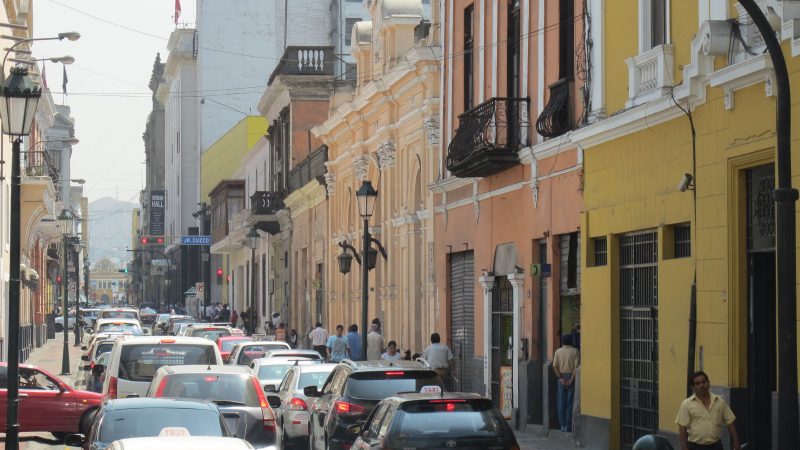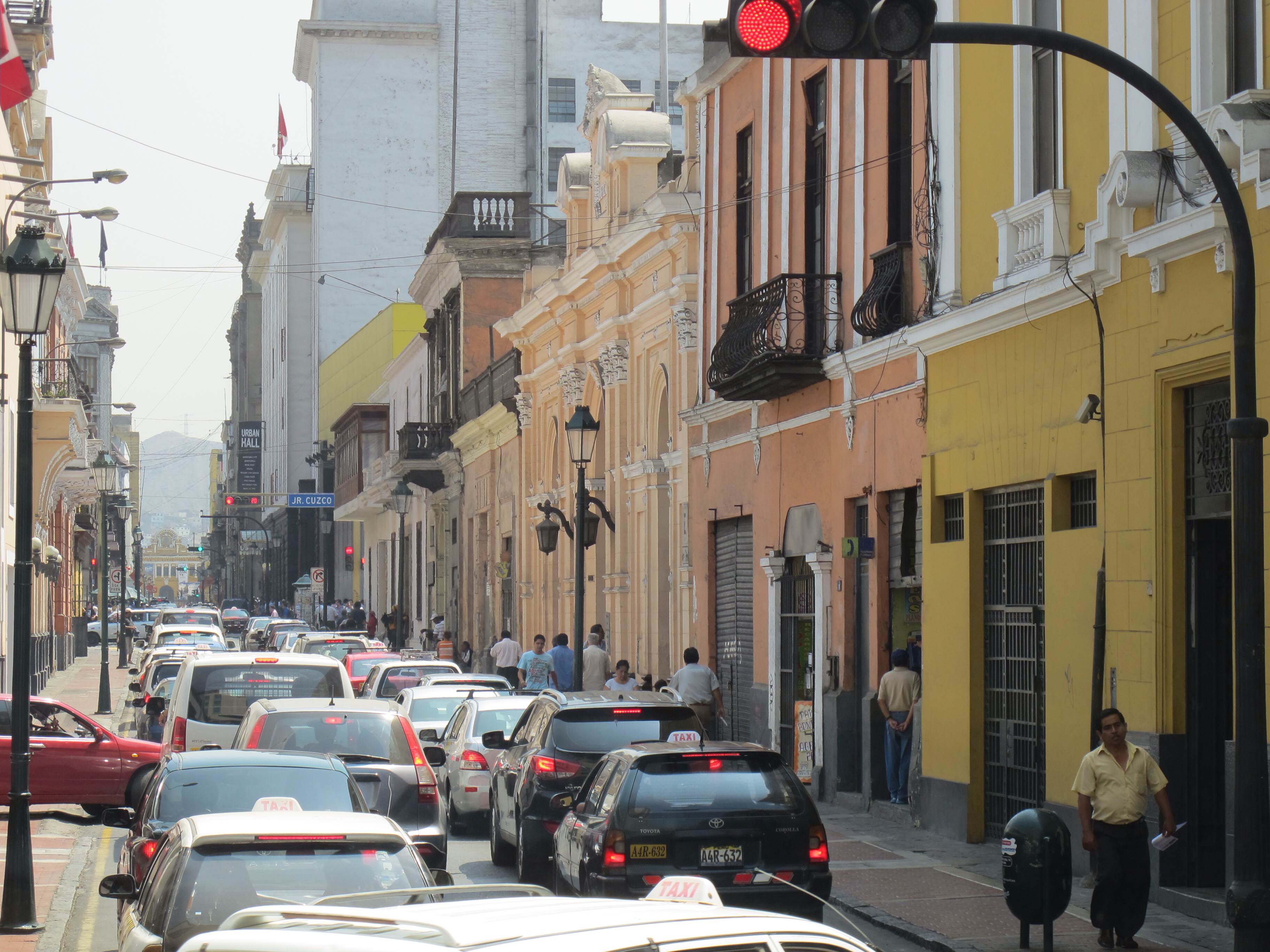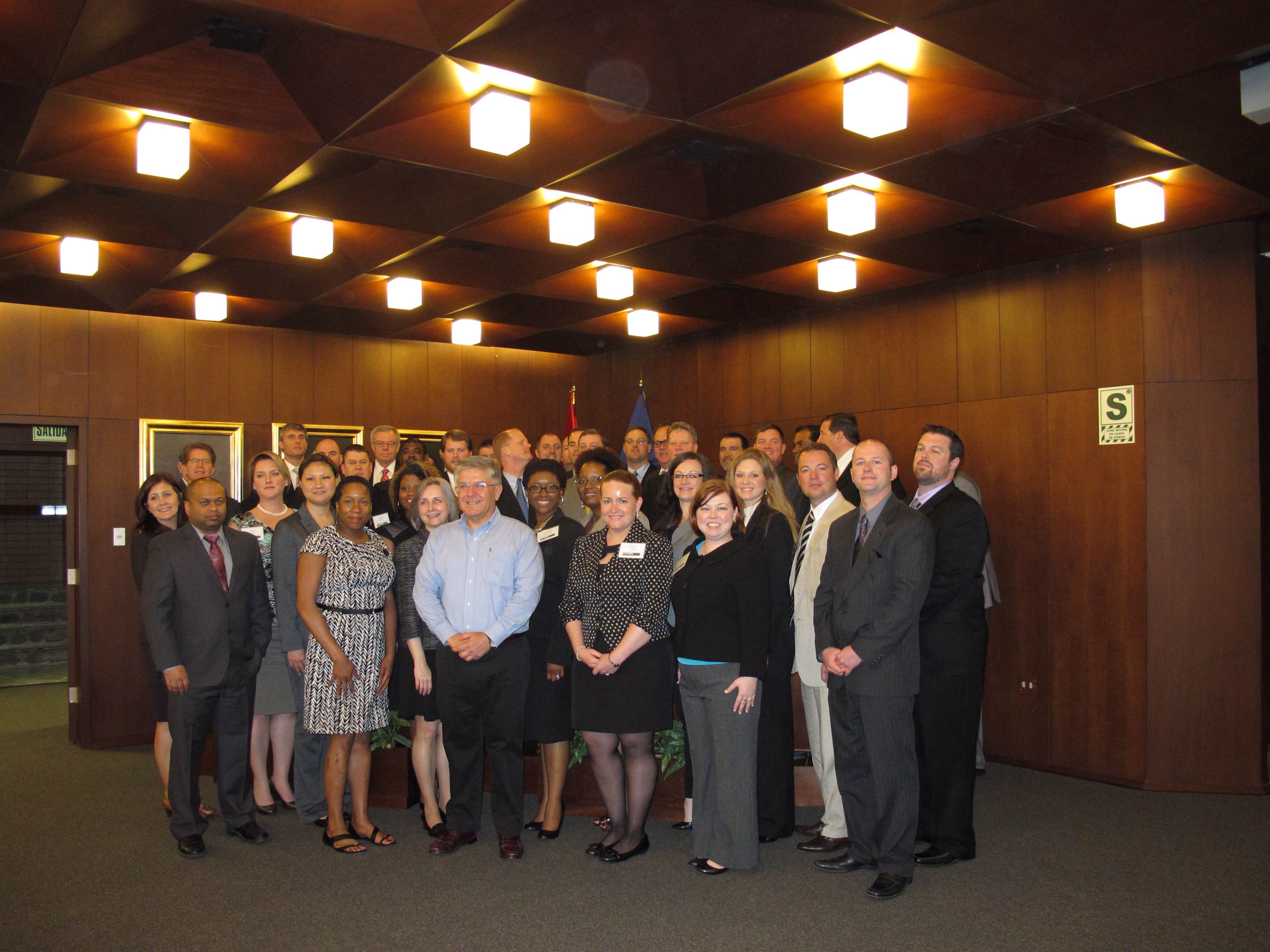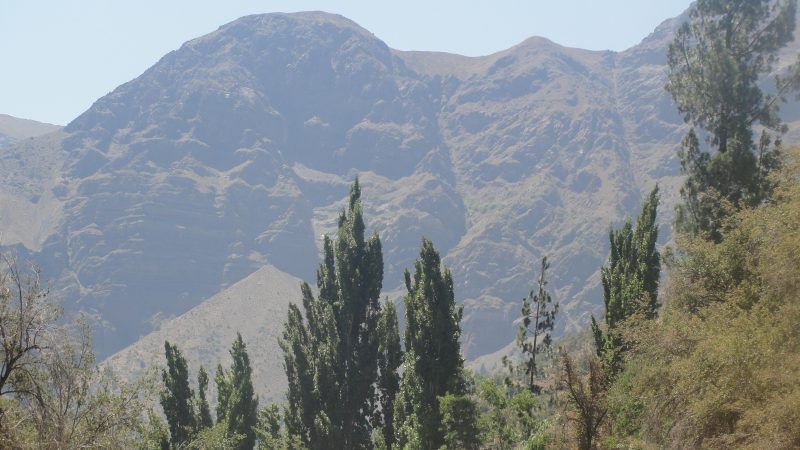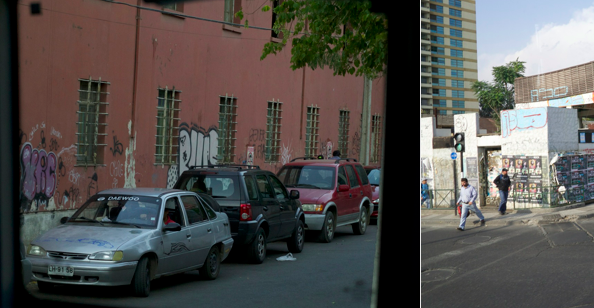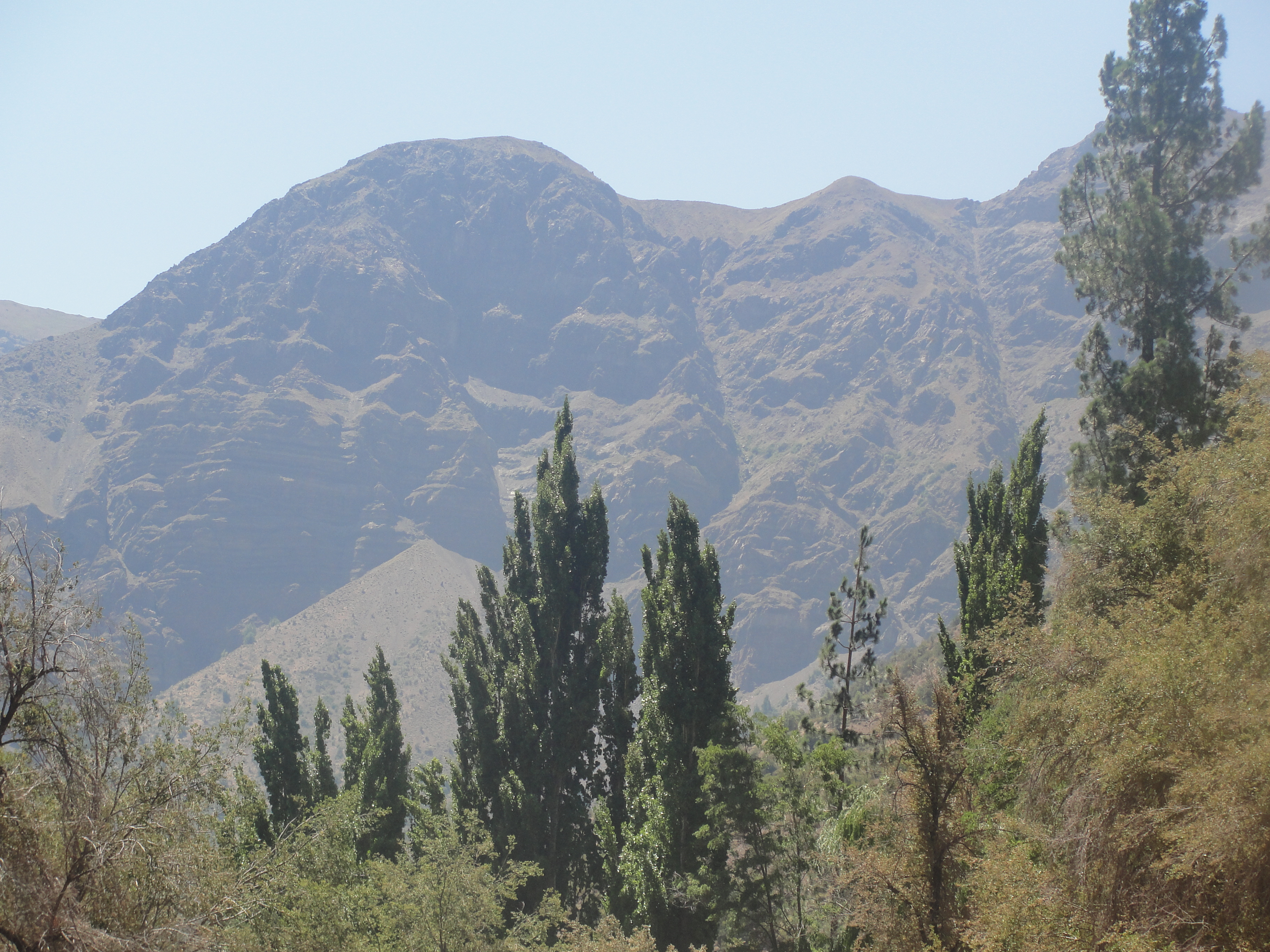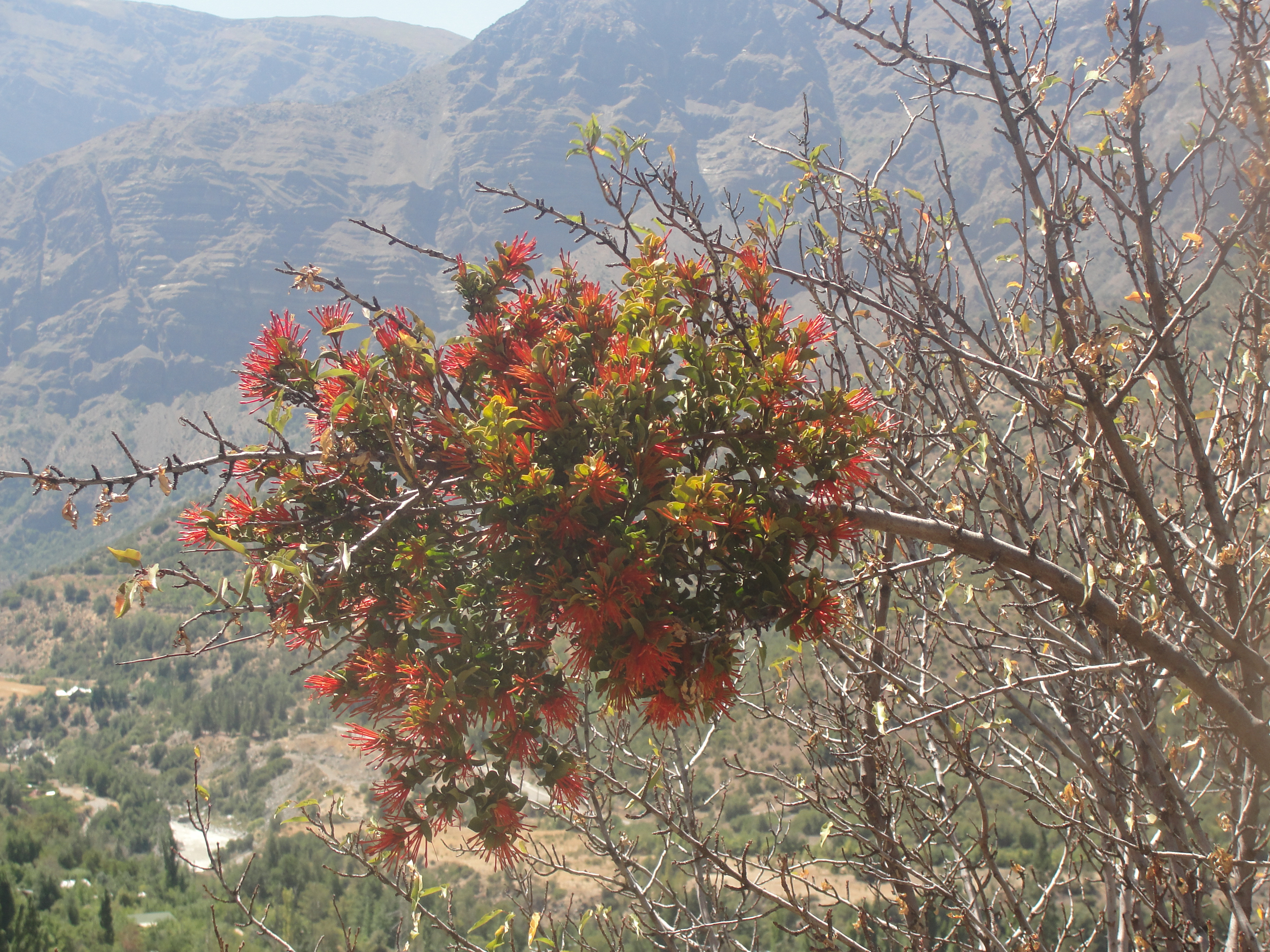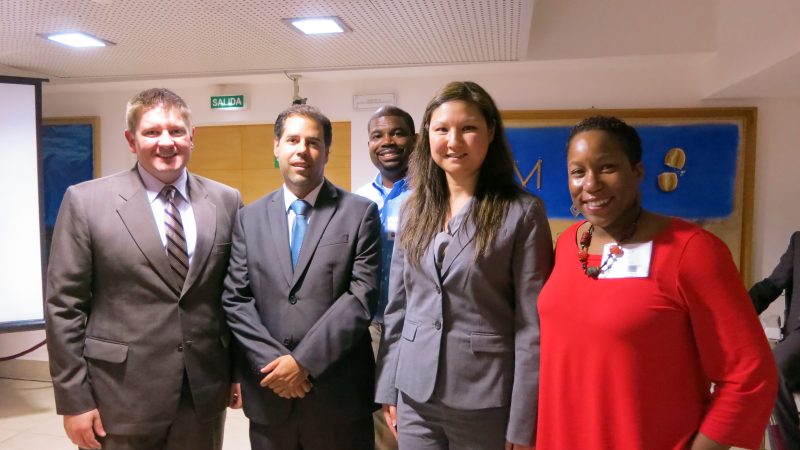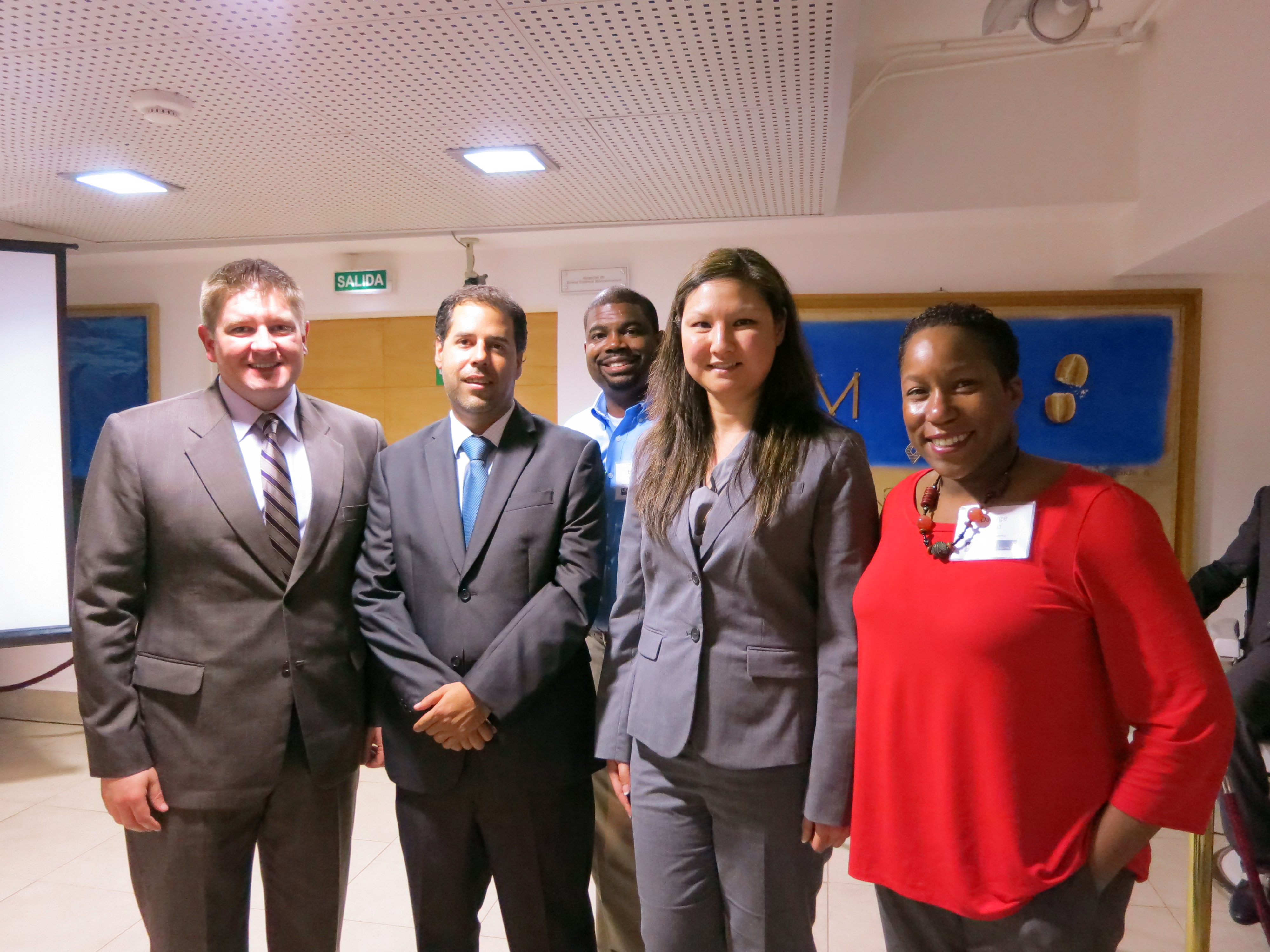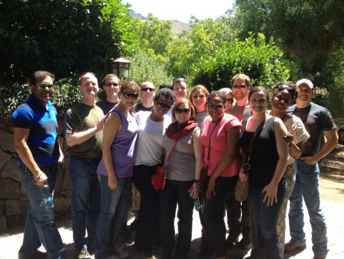 As each of us prepared and anticipated our moments in South America, both from an educational perspective and a personal perspective, we were encouraged and challenged to keep an open mind: to identify differences,
As each of us prepared and anticipated our moments in South America, both from an educational perspective and a personal perspective, we were encouraged and challenged to keep an open mind: to identify differences, 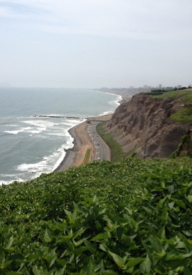 similarities, and even opportunities. Many of these moments came at different times and often revealed themselves in different aspects based on the classmate and/or staff member. This was to be expected, since some of us had traveled internationally, some of us had not; some had been to South America, even Chile and/or Peru, some had not; some knew little Spanish, some knew only English; some worked in international companies, some did not.
similarities, and even opportunities. Many of these moments came at different times and often revealed themselves in different aspects based on the classmate and/or staff member. This was to be expected, since some of us had traveled internationally, some of us had not; some had been to South America, even Chile and/or Peru, some had not; some knew little Spanish, some knew only English; some worked in international companies, some did not.
As we began our travels as early as Birmingham, I often noticed the nervous and anxious faces and body language of not only my peers, but also myself. Along our journey, each of us was finding within ourselves at least one question, but often many more, of what to expect throughout the experience. Questions moved in our minds about travel (flight/bus/taxi/walking), food, language, commerce, and even the welcome 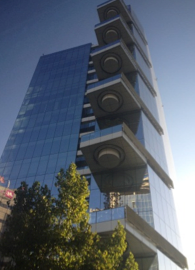 of the people. In early discussions, many of us were prepared for more differences than similarities. However, the more we experienced and witnessed, the more comfortable we became with travel, food, the foreign language. At this point we began to see more of the similarities: similarities not only of the countries we visited, but to the cities and lives of those of our own towns.
of the people. In early discussions, many of us were prepared for more differences than similarities. However, the more we experienced and witnessed, the more comfortable we became with travel, food, the foreign language. At this point we began to see more of the similarities: similarities not only of the countries we visited, but to the cities and lives of those of our own towns.
While in another part of the world, people lived their lives just as we do in the United States. Farms are grown and harvested, mines are dug, oil and gas is pumped, food is prepared and served, customer service is given, smiles are shared on the streets and families and friends are meeting at restaurants, cinemas, and shopping malls. All of this occurs while various business leaders in various industries manage the growth of the economy and find opportunities for their businesses, people and countries.
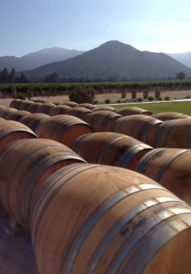 As challenged early in the process, we witnessed and experienced differences, similarities and opportunities. As we venture back to the United States, I believe each of us will be carrying new memories, new friendships, and most importantly a new perspective and open mind to the world we live in, both locally and internationally.
As challenged early in the process, we witnessed and experienced differences, similarities and opportunities. As we venture back to the United States, I believe each of us will be carrying new memories, new friendships, and most importantly a new perspective and open mind to the world we live in, both locally and internationally.
The (city, state, country, world) we live in…so big, yet so small; so advanced, yet still so far behind; so good, yet sometimes bad; so health conscious, yet still so limited; so accepting, yet so cautious; so developed, yet still so pure…the (city, state, country, world) we live in: so big, yet so small.
Janet North
TEMBA Class of 2014
Team: The Rising Tide
Janet North, Jeff LeRoy, Nagaraja Padur, Patrick Ellinger, Sunil Singh
